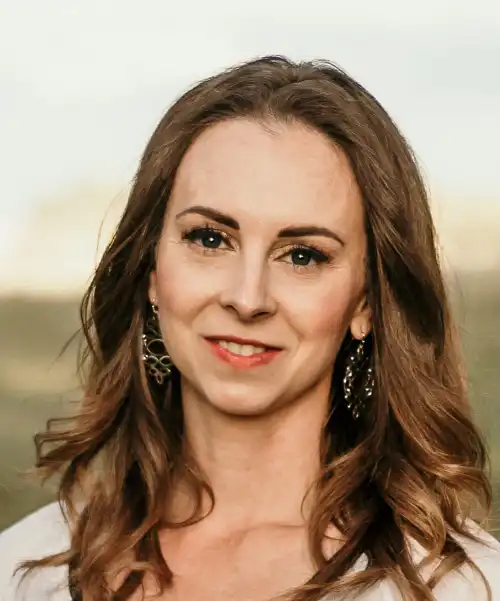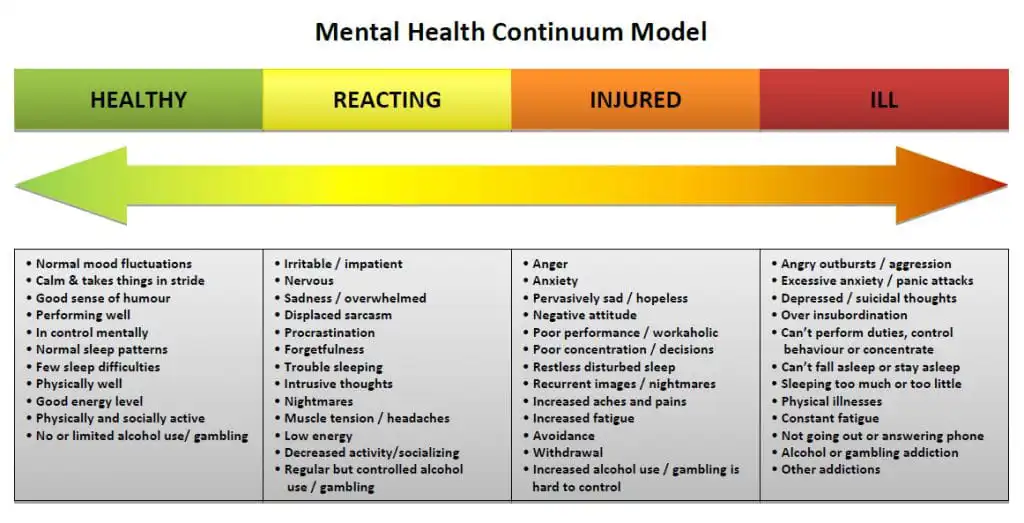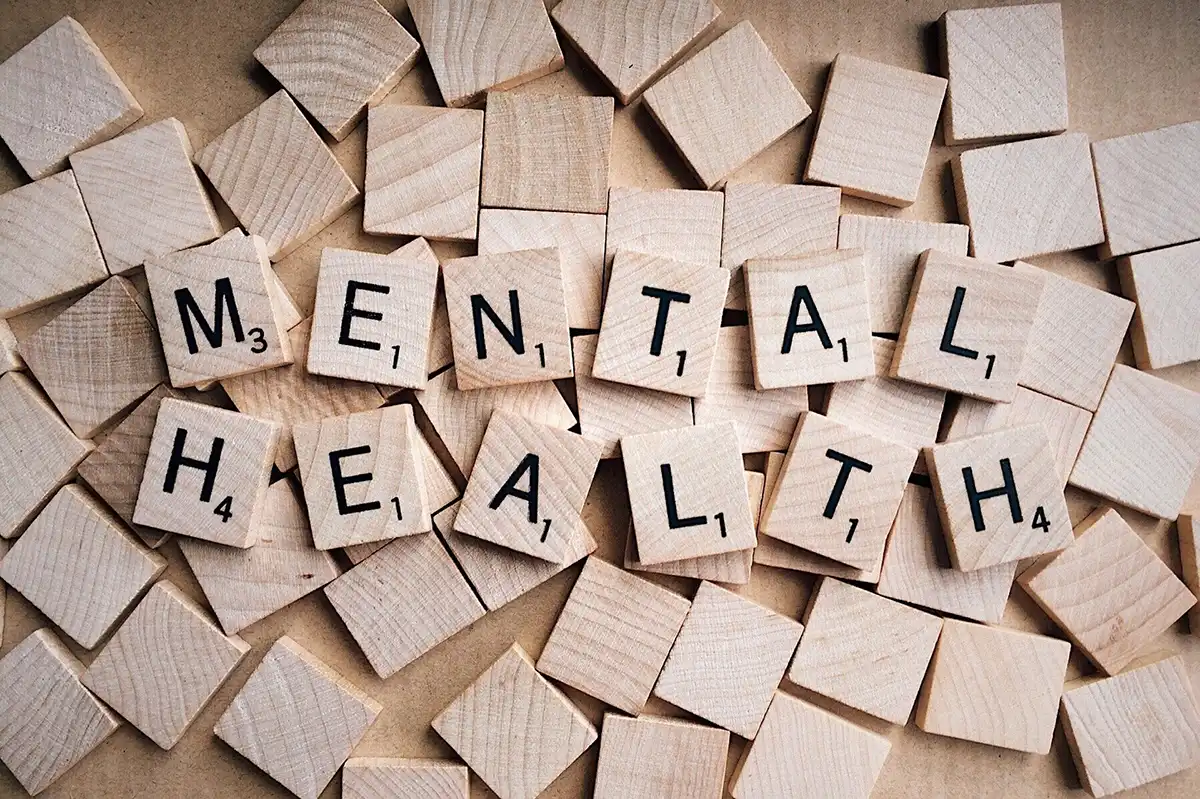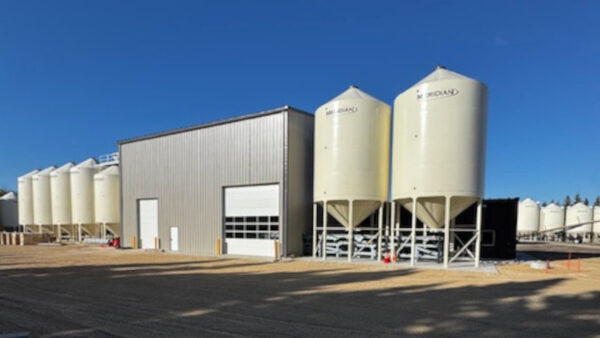How do we create an industry where mental health is talked about and stigma is eliminated?

Adelle was born and raised in Saskatchewan, and lives on a small ranch outside of Saskatoon.
She brings over 20 years’ experience in mental health, workshop facilitation, disability management, human resources as well as operational efficiency, strategy, and marketing to her position with Do More Ag.
A lot of emphasis has been put on mental health in agriculture these past few years. Why is that?
Dr. Andria Jones-Bitton with the University of Guelph conducted the National Survey of Farmer Mental Health from Sept 2015 to Jan 2016 and included farmers from across Canada. The results showed:
- 35% of respondents meet the definition for depression classification
- 45% of respondents were classified as having high stress
- 58% of respondents meet the definition for anxiety classification
The most concerning number out of all the stats you see is that 40% of farmers would feel uneasy about seeking professional help because of what people might think. However, this also tells us that 60% would seek help. Now how do we get that 60% number to 100%, to make all producers realize they are not alone, and they have an entire industry behind them? In Canada, our reporting for farm suicides is lacking, but in the U.S., farmers are twice as likely to die by suicide than rest of population.
What is the Do More Ag Foundation?
We are a Canada-wide not-for-profit organization focusing on mental health in ag. We are champions for the mental wellbeing of all Canadian producers and envision a culture in agriculture where all producers are encouraged and supported to take care of their mental wellbeing. Do More Ag operates under three mental health literacy pillars: talk more, ask more and listen more.
How do we encourage that?
It’s very individualized and requires prolonged progressive changes that we have to make as an industry and society. First, we have to understand what mental illness is. It involves a range of conditions — common types include mood disorders (depression and bipolar disorder), anxiety disorders (including panic attacks, Obsessive-Compulsive Disorder, and Post-Traumatic Stress Disorder), and finally substance abuse disorders.

How can we distinguish between someone under stress and someone suffering mental health issues or mental illness?
We have to understand stress is not necessarily mental illness. We need a certain amount of it to perform at our peak abilities. There’s a very useful graphic called the Mental Health Continuum Model. It’s normal to fluctuate between green and yellow on a daily basis. When we can’t get back to the green spot for a couple of days — when we begin living between the yellow and orange zones — is when we get more concerned about being proactive in our own mental health. When we live in the yellow and orange zones, we are in danger of moving into that red zone. Everyone can recover — it does take a lot of self-care and reaching out to others — but a mental illness isn’t forever.
What makes stress in farming and agriculture unique?
For a lot of people, agriculture and farming are a lifestyle. Many people don’t just leave their work in the field and then go home at the end of the day and forget about it. They feel a lack of control over things — ag policy and trade, weather. It’s hard to be flexible as well as strategic, but in ag you have to be both. Secondly, there’s a big stigma around mental illness. Farmers in particular see themselves as strong. Talking about their feelings can be tough. There’s also a lot of isolation — lack of internet in a rural area, remoteness of professional help, being far away from neighbours, being alone out in the field all day. It’s sort of a perfect storm for mental health challenges.
How do we begin the conversation to help one another?
It’s important to support others within your means. If you’re certified in mental health first aid, you can use some of those strategies to help the other person determine what sort of assistance they require. It’s in our nature to want to fix things, but it’s important to just listen and we can help the person access resources if needed. When you ask someone, “How are you?” actually listen to the reply. You don’t need to be an expert to listen as a friend, family member or even a stranger. Sometimes all someone needs is an ear to listen. Talk more, ask more and listen more. If we can keep doing more, in just these three areas, we will accomplish some pretty amazing things in our industry and move towards breaking the stigma around mental health and mental illness.

Cynthia is a clinical psychology master’s student at the University of Regina. Her family operates a 350-head cowherd and farm 6,000 acres of grainland.
How do stress and mental health challenges impact the workplace, be it out in the field, in a warehouse, office, or another setting?
When our mental health is being challenged, whether it be from unhealthy stress, physical illness, or mental illness, it can also impact us on the job in a number of ways. Overall, two main areas affected are:
- Communication, It is difficult to regulate or balance our emotions when experiencing difficulty with our mental health. We may also perceive or misinterpret situations or conversations with our co-workers as more negative. That combination of negative perceptions and off-balance emotions really poses a challenge to healthy, clear communication.
- Safety, Our ability to concentrate is greatly affected by poor mental health. This lack of concentration can turn into a safety issue. If you work in a warehouse operating heavy equipment, for example, and your concentration is affected, how well you operate that equipment and your awareness for people or things in your work environment will also be affected.
What are other signs of decreasing mental health that we can look for in loved ones and co-workers?
In order to notice the signs, we need to be aware and pay attention to the people in our environment. You may notice changes in eating and sleeping habits; changes in mood; withdrawing from people; poor decisions or impaired judgement. People usually provide signs that something is not OK with them or that their mental health is deteriorating. Being aware of the people around you is a great skill to cultivate.
What are some good self-care techniques we can practice?
There are several:
- Fueling our body properly: good nutrition and being hydrated are important.
- Adequate sleep: lack of sleep can trigger or exacerbate mental health issues.
- Self-awareness: learn to recognize when you are over stressed or might be experiencing a mental health issue.
- Use thinking time wisely: by planning ahead we can often reduce our stress.
- Stop comparing: in this age of social media, it’s very easy to think our own life is somehow not as “good” as other people’s lives.
- Factual self-talk: we often lie to ourselves thinking, for example, non-factual all-or-nothing thoughts like, “I’ll never get this crop off the field” or by telling ourselves another story that simply isn’t accurate.
- Realistic list to accomplish: don’t try to do it all in one day. Set goals that you can actually accomplish.
- Talk to a trusted person: don’t bottle things up. Talk to a loved one, a friend or a co-worker you trust.
That last part can be difficult for people. How can it be made easier?
Communication and self-awareness are the most important factors in fostering mental health. Talking about mental health, or how one is feeling mentally or emotionally, can make people uncomfortable, both for the person telling and for the person listening. The discomfort comes from these types of conversations being unfamiliar to us. Yet, if someone had a broken leg you wouldn’t ignore them because it’s uncomfortable for you to see someone having a tough time. If you had a broken leg yourself, you wouldn’t ignore it. Mental health is no different than physical health.

Elaine helps farm families work through issues surrounding succession, business and that old family favourite, communication. She is also a farm partner in Froese Family Farms near Boissevain in southwestern Manitoba. Together the family operates Boissevain Select Seeds. Her website is elainefroese.com.
You coach families in better communication. What’s a big piece of advice you have for them when tackling stress?
A mindset shift is critical. Yes, farming is 24/7 business in some ways but not in other ways. The mindset shift comes with the saying, “There’s no badge of honour for living a stressful life.” Workaholism in agriculture is no longer a badge of honour like it might once have been. Challenge what you believe to be true about how you think about your work. Mental health is about both recognizing where you are at and helping one another be successful. Where is it written that farmers have to work everyday? What is the story you are telling yourself? Once we can get a clearer internal picture of who we are, we can begin to tackle things that we leave unresolved and cause stress.
So in essence you’re saying it’s crucial we communicate to ourselves as well as others.
Like Cynthia said, self-talk is so crucial. The internal stories we tell ourselves affects our resilience, our ability to bounce back from everyday stressors. That’s where good mental health begins and helps us make good decisions that can often help us shed more light on our health in general.
What do you mean?
Not long ago a farmer is Saskatchewan emailed me and said, “I’m not sleeping and making good decisions.” I asked him when the last time he saw his doctor was. He said he didn’t have a doctor. So, I encouraged him to find one. He emailed three weeks later saying he discovered he had a thyroid problem and sleep apnea. Good physical care and good mental health can go hand-in-hand.
What are some ways that employers can foster good mental health in a workplace setting?
I often say culture beats strategy. This really applies to the workplace environment. What is your culture? I believe in transparency, getting help and getting connected. In our farming family, we talk about mental health — it’s an open conversation. There’s a genetic connection in my family when it comes to predisposition toward mental illness. I myself suffered from postpartum depression, spending much of 1984 in a mental health facility. Open discussion is the glue that holds the workplace and farm team together. When we finished our wheat and cereal crops on the farm this season, everyone got a milkshake and we celebrated the fact we got the grain in the bin. No one is an island. We are all connected to one another. It’s crucial to celebrate that and get the conversation going.










